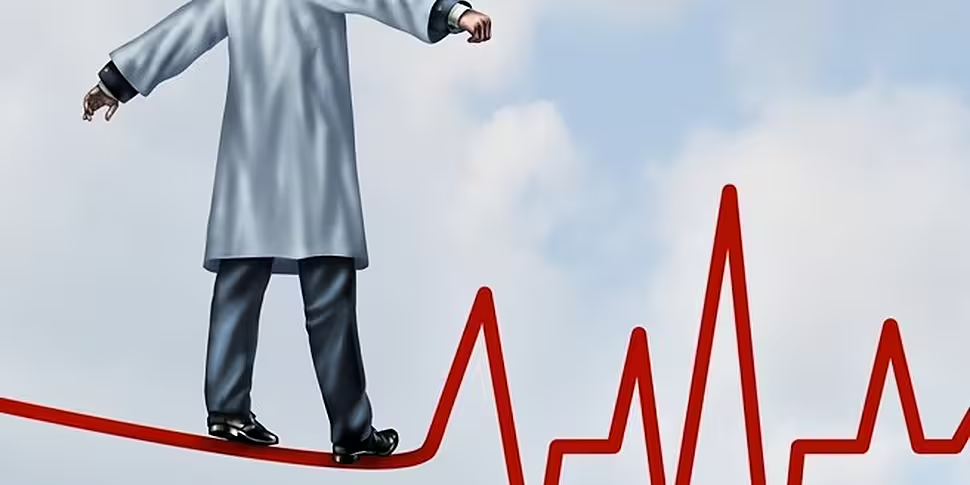We expect a lot of our doctors, but they don’t always have the best tools to treat us. This episode, TED speakers explore new ways to think about disease, diagnosis, and the delicate art of healing.
Jen Brea's doctors thought her fatigue and neurological symptoms were psychosomatic -- but she knew that wasn't quite right. She shares her journey to find the right diagnosis.
<iframe width="560" height="315" src="https://www.youtube-nocookie.com/embed/Fb3yp4uJhq0" frameborder="0" allowfullscreen></iframe>
Pain is a common symptom, but doctors are often confounded when the pain lives on after the underlying cause goes away. Dr. Elliot Krane explains how we can better understand chronic pain, and why it makes sense to think of it not just as a symptom--but as a disease.
<iframe width="560" height="315" src="https://www.youtube-nocookie.com/embed/J6--CMhcCfQ" frameborder="0" allowfullscreen></iframe>
Doctors often take a patient's race into account when making a diagnosis--or ruling one out. Professor Dorothy Roberts says this practice is both outdated and dangerous.
<iframe width="560" height="315" src="https://www.youtube-nocookie.com/embed/KxLMjn4WPBY" frameborder="0" allowfullscreen></iframe>
Men and women experience some diseases differently. Dr. Paula Johnson says this is alarming -- because most treatments were designed for men, not women.
<iframe width="560" height="315" src="https://www.youtube-nocookie.com/embed/vhVWzkbAW4I" frameborder="0" allowfullscreen></iframe>









